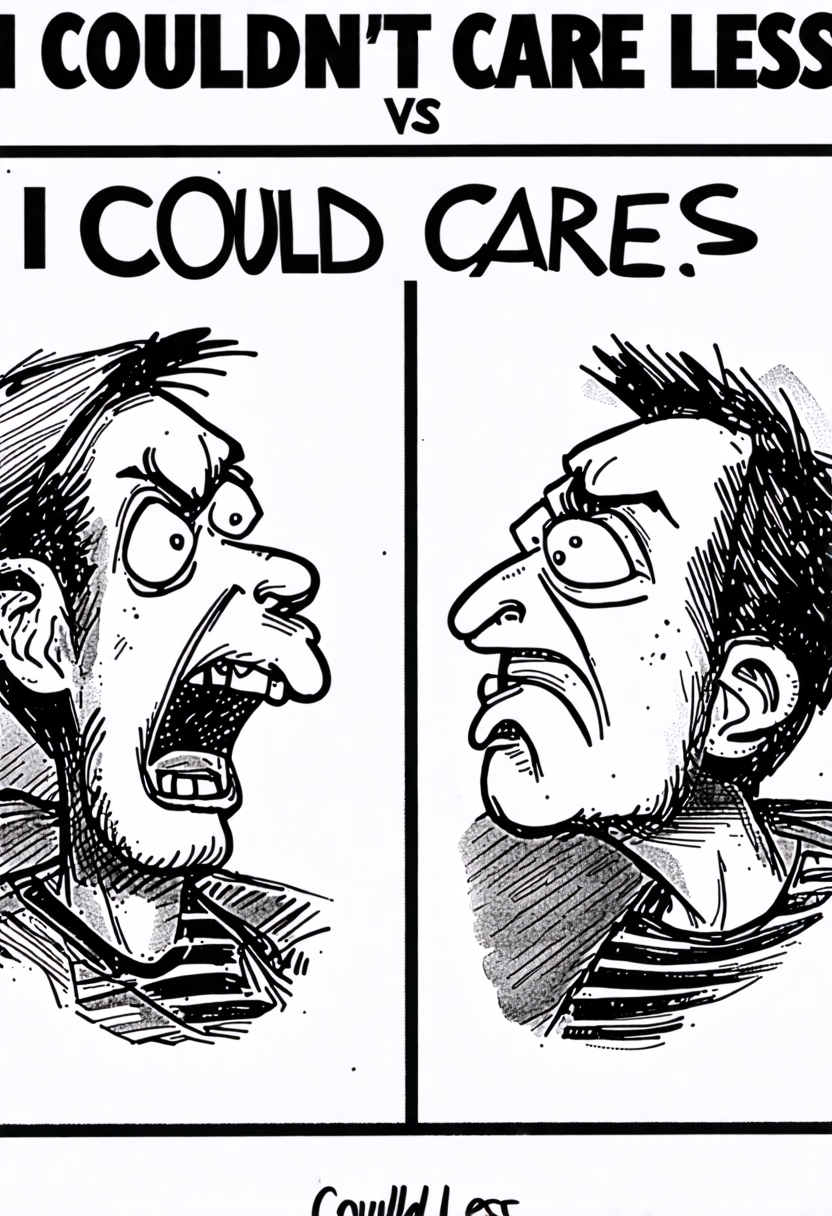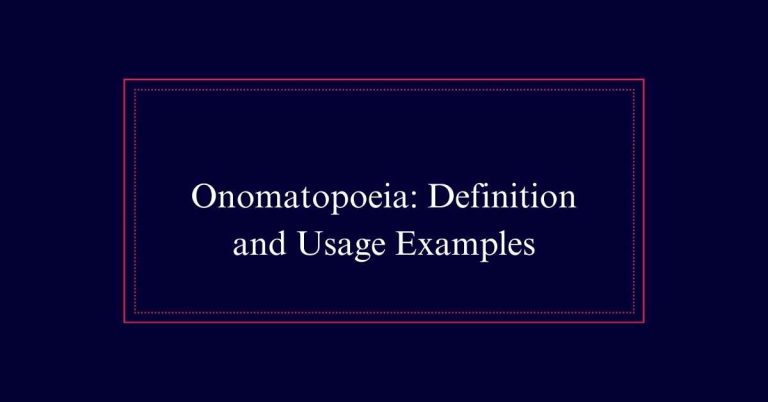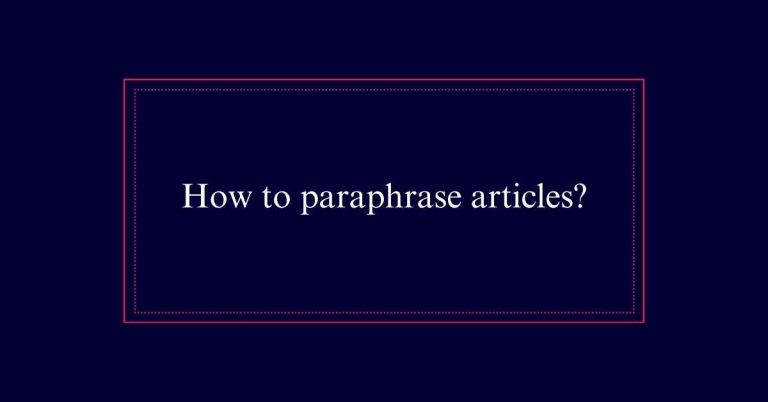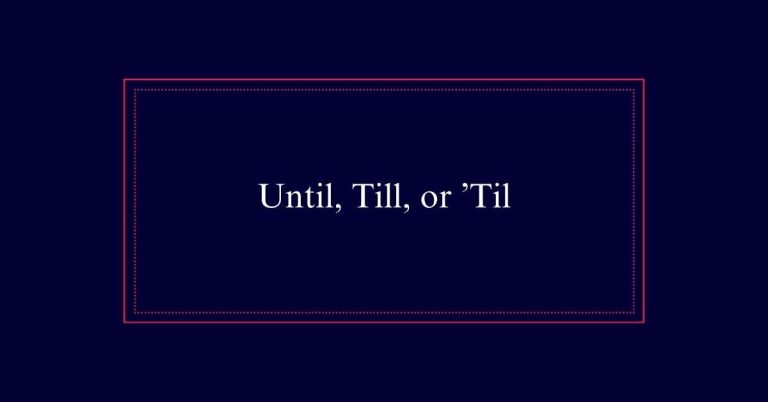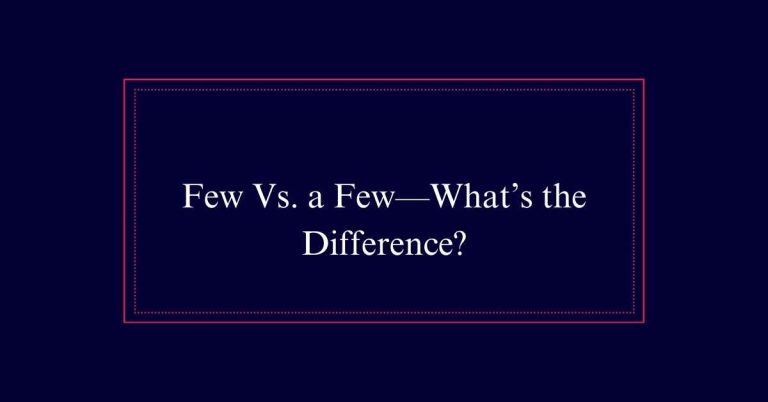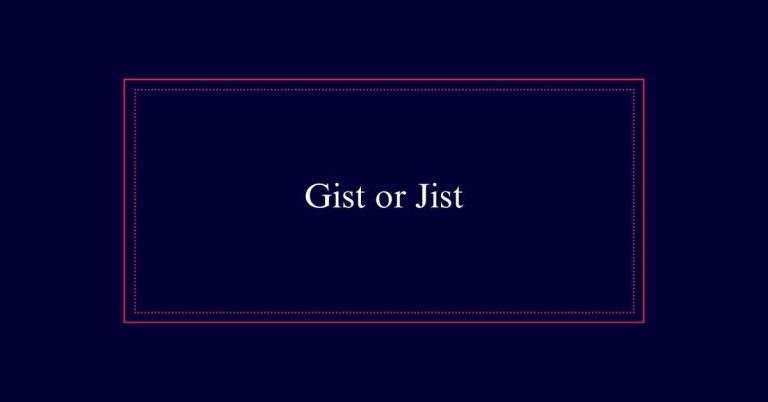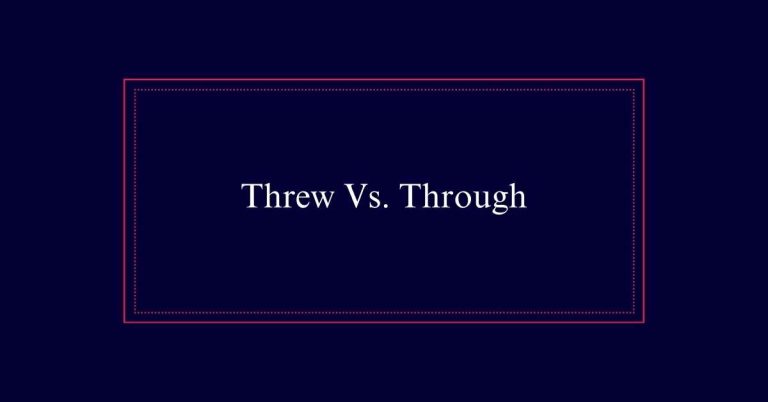I Couldn’t Care Less Vs. I Could Care Less
‘I couldn’t care less’ means you have zero interest or concern. It clearly shows you don’t care at all. On the other hand, ‘I could care less’ is often used incorrectly to mean the same thing, but it can confuse others because it suggests you do care somewhat. ‘I couldn’t care less’ is the correct and clear way to express complete indifference.
Understanding the Phrases
Understanding these phrases will help you communicate your feelings more accurately.
‘I couldn’t care less’ means you have zero interest in something. You’re indicating that you don’t care at all. For example, if someone talks about a topic you find boring, you might say, ‘I couldn’t care less.’
On the other hand, ‘I could care less’ suggests there are still things you care about less. It’s often used incorrectly to mean indifference but implies some level of caring. For instance, saying ‘I could care less about this movie’ means you still care a bit.
To avoid confusion, it’s best to use ‘I couldn’t care less’ when you truly don’t care. This keeps your message clear and direct.
Historical Context
In the mid-20th century, the phrase ‘I couldn’t care less’ gained popularity in British English. You’d hear it often to express complete indifference. Around the same time, ‘I could care less’ started appearing in American English. It was likely a result of linguistic evolution and informal speech patterns.
You might wonder why both phrases exist. Language changes over time, and people often adopt variations. The American version may have emerged from a sarcastic twist on the original phrase. Despite the confusion, both became common in everyday conversation.
Examining ‘I Couldn’t Care Less’
When you say ‘I couldn’t care less,’ you’re showing that you have no interest at all. This phrase means you have zero concern or emotional investment in the topic. It’s a clear way to express complete indifference.
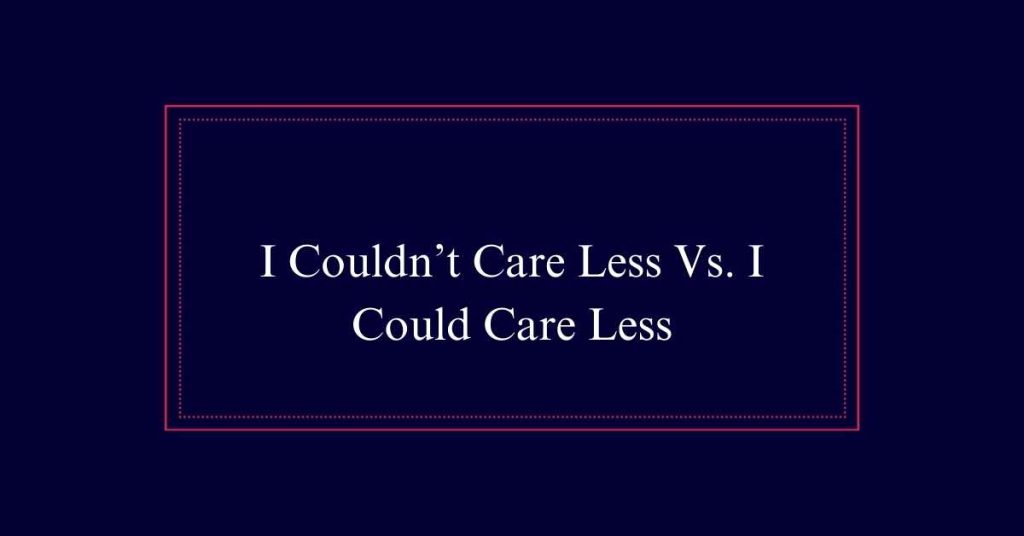
For example, if someone talks about a new video game release and you have no interest, you’d say, ‘I couldn’t care less.’ This indicates that you can’t care any less than you already do because your level of care is at its lowest point.
Using ‘I couldn’t care less’ leaves no room for misunderstanding. It’s a straightforward way to communicate disinterest without ambiguity. So, when you want to convey that you truly don’t care, this is the phrase to use.
Exploring ‘I Could Care Less’
Now, let’s look at why people often use ‘I could care less’ even though it seems contradictory. Many use it out of habit or because they’ve heard others say it. It’s become a common phrase in informal speech.
When people say ‘I could care less,’ they often mean to show indifference. They want to imply they don’t care much about something, even if the wording suggests otherwise.
The phrase’s widespread use has made it accepted in casual conversation. However, it can still confuse listeners who take it literally. It’s important to remember that while ‘I could care less’ is popular, ‘I couldn’t care less’ clearly conveys a complete lack of interest.
Common Misconceptions
Many people mistakenly believe that ‘I could care less’ and ‘I couldn’t care less’ mean the same thing. This confusion leads to some common misconceptions:
- Same Meaning: People often think both phrases express indifference, but only ‘I couldn’t care less’ does.
- Interchangeable Use: It’s assumed you can use either phrase without changing the meaning, but that’s not true.
- Grammar Rules: Some believe that ‘I could care less’ is grammatically correct because it’s widely used, but it actually implies you do care.
- Impact on Understanding: Using ‘I could care less’ can confuse others, making them think you care more than you do.
Usage in Everyday Language
Despite the misconceptions, you’ll often hear both ‘I couldn’t care less’ and ‘I could care less’ in everyday conversations. People use them interchangeably, despite having opposite meanings. This mix-up is common, so don’t worry if you hear it often.
Here’s a quick comparison:
| Phrase | Intended Meaning | Actual Meaning |
|---|---|---|
| I couldn’t care less | Complete indifference | Complete indifference |
| I could care less | Some level of caring | Often misunderstood |
| Common Usage | Informal speech | Informal speech |
| Formal Writing | Rarely used | Often avoided |
Formal Writing Considerations
When writing formally, it’s best to avoid using ‘I could care less’ to prevent any confusion. This phrase can be misleading and mightn’t convey your intended meaning clearly. Instead, stick to expressions that leave no room for misinterpretation.
Here’s a quick guide to help you out:
- Use ‘I couldn’t care less’: This phrase accurately shows complete indifference.
- Opt for ‘I don’t care’: It’s straightforward and universally understood.
- Avoid idiomatic expressions: They might confuse non-native speakers or those unfamiliar with the idiom.
- Be clear and direct: Formal writing values precision and clarity over colloquial speech.
Examples in Pop Culture
In pop culture, you’ll often hear both ‘I couldn’t care less’ and ‘I could care less’ in movies, TV shows, and songs. Characters in sitcoms like ‘Friends’ or ‘Seinfeld’ might use either phrase to express indifference.
In music, artists sometimes use these phrases in their lyrics to convey a casual attitude. For example, in the TV show ‘The Office,’ Michael Scott says, ‘I could care less,’ when he means he doesn’t care at all. This mix-up is common and adds to the humor.
Even though the phrases are used interchangeably, remember that ‘I couldn’t care less’ is the technically correct way to show you truly don’t care at all.
Alternatives to Both Phrases
Instead of saying ‘I couldn’t care less’ or ‘I could care less,’ you can use other phrases to show indifference. These alternatives can express your lack of interest without confusion.
Here are some simple and clear options:
- It doesn’t matter to me: This phrase indicates that the issue has no importance to you.
- I’m not bothered: Use this when you want to show you’re unaffected by the situation.
- It’s all the same to me: This highlights that any outcome is equally unimportant to you.
- I have no preference: This shows you have no particular interest in any option.
